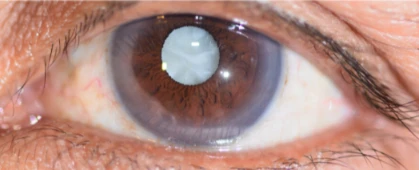The cataract surgery is a straightforward in 95% of the cases, however according to the royal college of ophthalmologists, the risk of vision-compromising severe infection could be one in 1,000. There is almost 1 to 5% rate of complication, which could mean that the patient would need further operations, however the outcome would still be very good.




